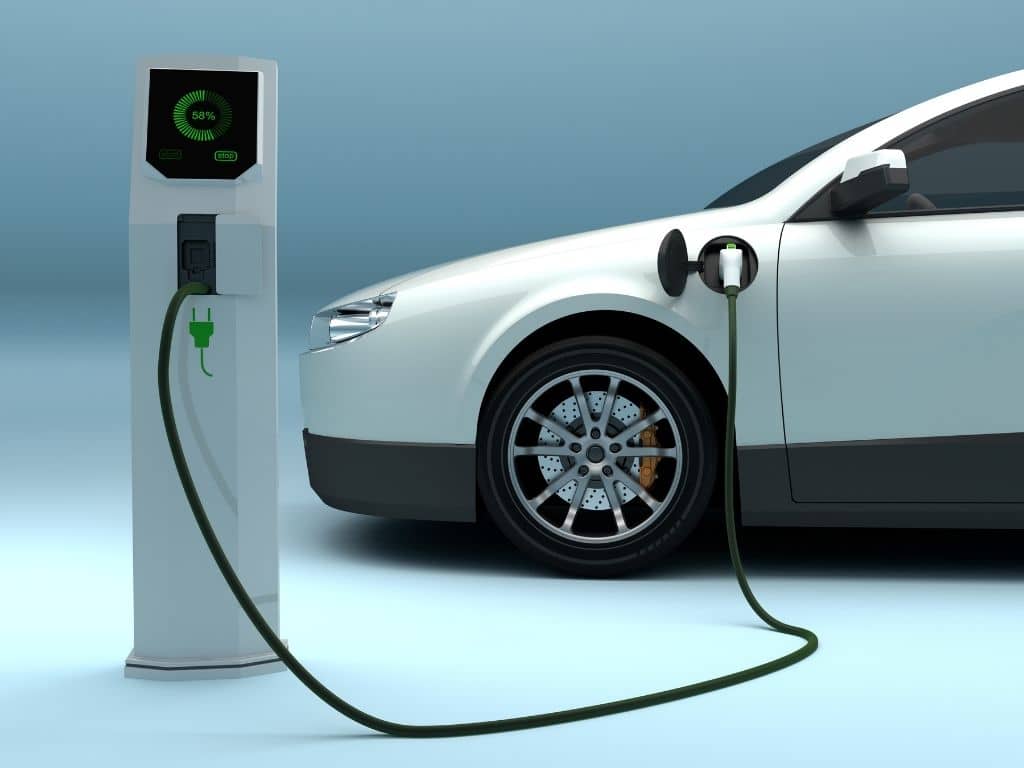Opinion: How the Interim Budget 2024 can foster robust automotive landscape
NEW DELHI: Since it is a Lok Sabha election year, the Union Budget 2024 on February 1 will be provisional. The automotive industry expects the budget to adopt a growth-oriented strategy, prioritizing improving localization capabilities and stimulating the adoption of alternative fuel solutions. This is in line with the broader goal of achieving 50% of energy capacity from renewable energy by 2030.
In 2023, the Indian automobile industry has made significant progress based on the healthy growth of 2022. The passenger vehicle segment increased by 8% with over 4 million units sold, the commercial vehicle segment by 5% with 0.98 million units, and two-wheelers by 9%. Sales have exceeded 17 million units, and are gradually approaching their previous peak in 2018-2019. Three-wheelers grew by 63% year-on-year, with more than 0.68 million units sold in 2023.

This historic year has confirmed the industry's resilience and its continued upward trajectory. In terms of fuel type, electric cars recorded the highest year-on-year growth of 49% (1.53 million units sold in 2023). Despite challenges like the reduction in FAME-II subsidy for the electric two-wheeler segment, the industry regained its momentum in August 2023.
The auto components industry also showed strong growth, rising by 32.8% ($69.7 billion) in fiscal 2023, driven by domestic demand. Electric cars accounted for approximately 2.7% of its total sales in this period.
In line with India's commitment to green mobility and local manufacturing, the EV sector expects positive measures in the Interim Budget 2024 to encourage industry growth. Currently, the penetration rate of electric vehicles is 1% and the industry is seeking support for its expansion. With a focus on green and sustainable mobility, there is a notable focus on the production, use, and export of green hydrogen, supported by the Green Hydrogen Mission with a significant capital expenditure of Rs 19.7 billion.
The interim budget must not only address the industry's current challenges but also promote long-term sustainable growth. The Budget can play a crucial role in supporting the transformation of the automotive sector by implementing measures to encourage and facilitate this change.
Some of the areas where budgeting can help the auto industry in this transformation are:
Budget 2024: Incentives to improve the EV ecosystem
The EV ecosystem seeks encouragement for more adoption, innovation, and infrastructure challenges. Under FAME-II, the Ministry of Heavy Industries (MHI) has disbursed Rs 5,228 crore as a subsidy for about 1.15 million electric vehicles and an additional Rs 800 crore for setting up about 7,500 fast charging stations across the country.
There is a lot of expectation for clarity around support for FAME-III, which is expected to focus more on mass transit, alternative fuel initiatives, and charging infrastructure. Including EVs in Priority Sector Loans (PSLs) to facilitate access to EV financing will also be key to improving EV adoption. In addition to incentives aimed at improving EV registrations directly, the budget should also focus on expanding support for the entire EV ecosystem, such as boosting domestic production, provisions to enable fast charging infrastructure uniformly across the country, a comprehensive battery swapping policy, and Insurance standards adapted to electric cars.
Budget 2024: Encouraging the growth of startups and MSMEs
To boost the EV ecosystem among MSMEs and startups, the government should incentivize measures such as facilitating local manufacturing of batteries, promoting training initiatives, and providing benefits such as accelerated consumption and specialized financing for EVs. With the commercial vehicle industry poised to boom amid infrastructure development and e-commerce growth, expanding government incentives in this sector can stimulate innovation and encourage sustainable expansion, driving the production and adoption of electric vehicles among MSMEs.
Budget 2024: Strengthening the renewable energy sector
India needs approximately 2.5 trillion dollars of investments by 2030 to stay on track to meet its sustainable energy goals. Since the transport sector is responsible for about 10% of India's greenhouse gas emissions, shifting to green mobility, supported by renewable sources, is key to reducing the carbon footprint. Policy initiatives that focus on R&D, manufacturing, and investments in clean energy solutions such as wind and solar can accelerate progress. Supporting these efforts through sustainability gap financing and low-cost financing through a dedicated green fund will enhance the transition to sustainable energy.
Budget 2024: Green Hydrogen PLI Program
The nationwide green hydrogen PLI program is a positive step (hydrogen could contribute to more than 20% of annual global emission reductions by 2050). Continued efforts towards local manufacturing of electrolyzers will consolidate India's role as a net energy supplier and exporter, as well as reduce fuel import costs.
Budget 2024: Flexible fuel technology
The interim budget could encourage wider adoption of flexible fuel technology. With the government moving forward with a 20% ethanol blend of gasoline (E20) from 2030 to 2025, it is estimated that 2.68 billion gallons or 10.15 billion liters of ethanol will be needed. Blending ethanol with petrol resulted in foreign exchange savings of over Rs 24,300 in supply year 2022-23. The total number of outlets selling fuel containing 20% ethanol blend currently stands at 9,300. To meet the expected roadmap to enable its timely adoption, providing incentives for the production and conversion of sugarcane for ethanol production is vital.
In conclusion, as the country moves towards sustainable and green mobility, the 2024 Interim Budget is expected to provide crucial support and incentives. The budget should focus on improving the electric vehicle ecosystem (along with prioritizing local capacity), investing in renewable energy, and stimulating alternative fuel technology to foster a strong automotive landscape.
Also Read: The Best Riding Boots of 2024 in India